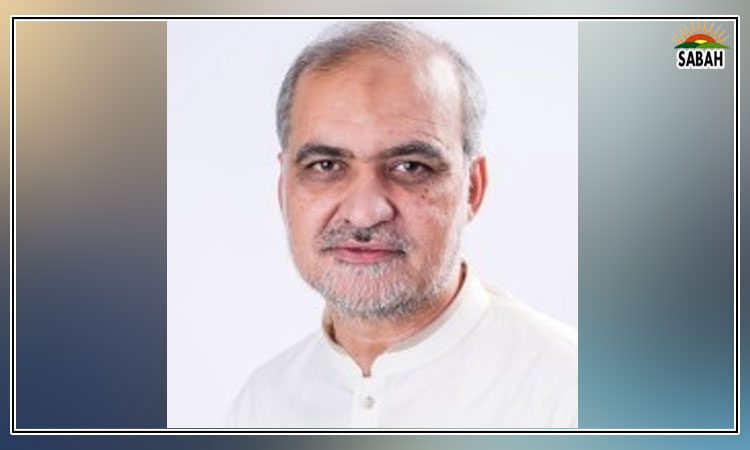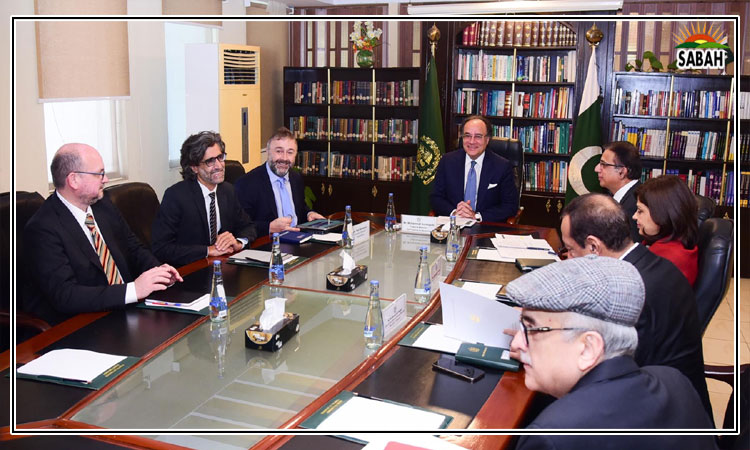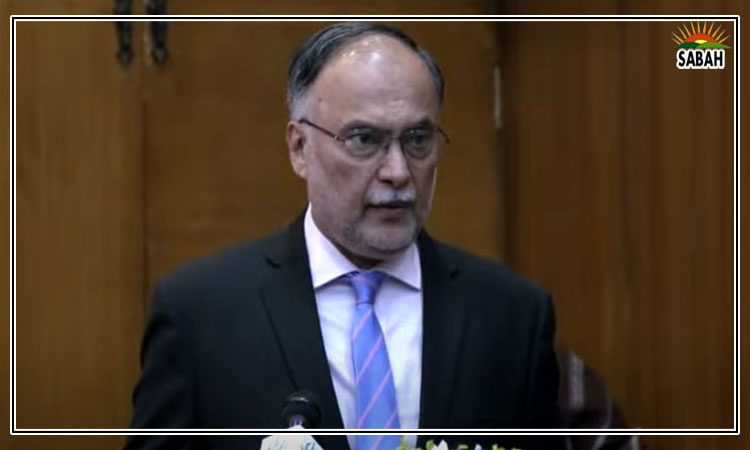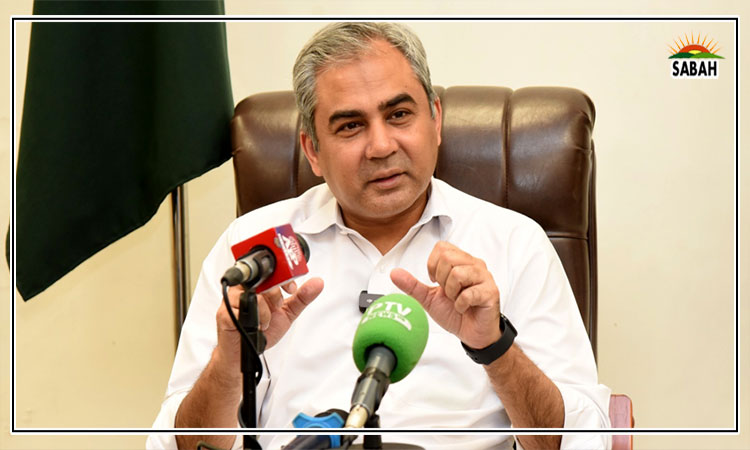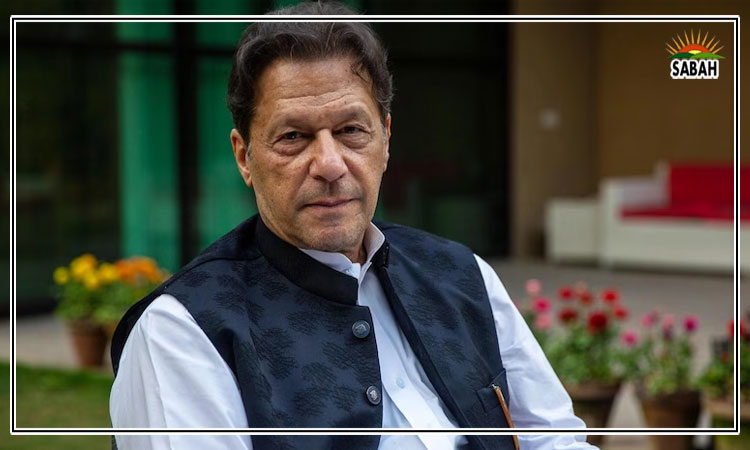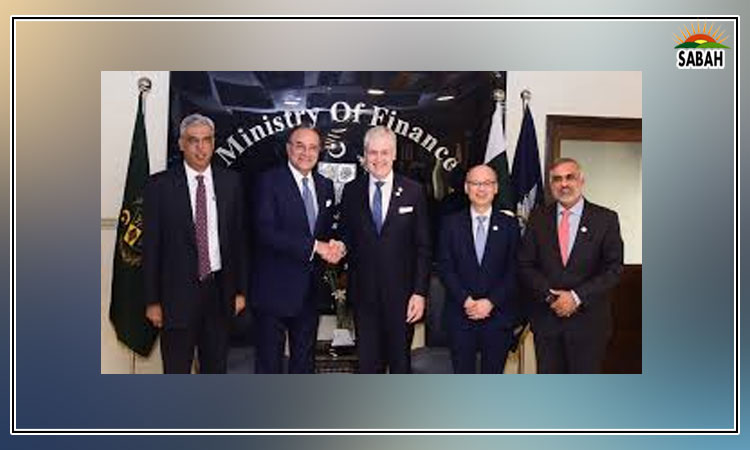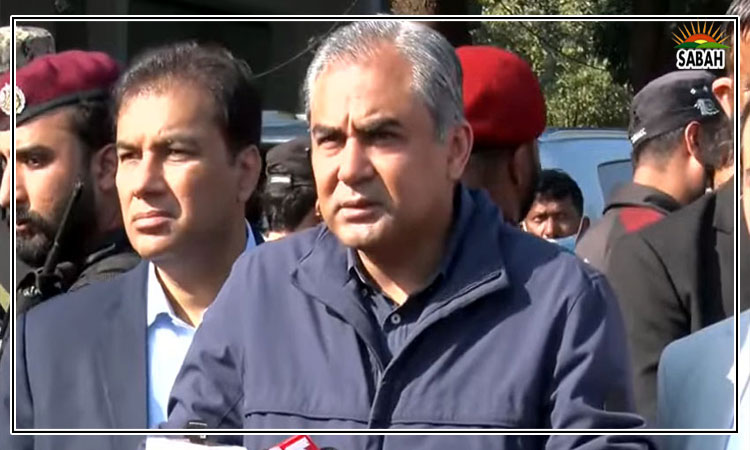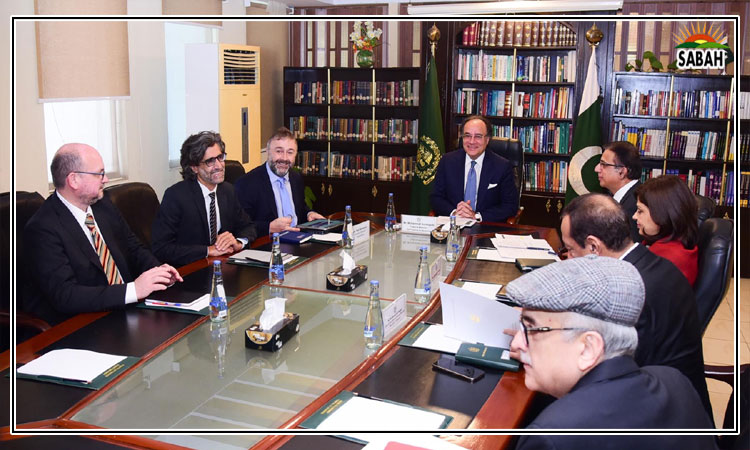Women and climate change…Aneeqa Bashir
As the effects of global warming loom closer, it is becoming apparent that minority groups are disproportionately affected.
Studies conducted by the UNFCC reveal that communities that have historically reinforced socioeconomic and gender inequity experience amplified climate vulnerability. Despite being a minor historic contributor to GHG emissions, Pakistan ranks eighth on the Global Climate Risk index. To achieve much-needed climate resilience mechanisms, Pakistan must mobilize 100 per cent of its population, acknowledging the empowerment of minorities as an imperative for the climate solution.
As a developing country, Pakistan faces continued geopolitical challenges that divert focus from inequality in gender roles and status. Historically, Pakistani women have been relegated to a subordinate position, limiting their participation in climate-action decisions that ironically impact them most. This trend continues today, with the WEF ranking Pakistan 145th out of 146 countries on its 2022 Global Gender Gap Index. By neglecting to include women in the decision-making process, Pakistan is reinforcing its position in a cycle of climate vulnerability.
Excluding women and lower-income groups in climate solutions results in carbon tunnel vision, as noted by a Harvard Business Review article. As a result, well-meaning policies neglect the broader negative repercussions for women and marginalized groups. For example, Pakistans commitment to the National Carbon Pricing Strategy indicates a prospective adoption of carbon pricing instruments to capture the external costs of emitting carbon, though authorizing taxes on fossil fuels would disproportionately hurt its lower-income demographic.
With lower-income households globally spending a greater percentage of their income on carbon-intensive goods, the welfare loss incurred by a price rise in the short run would render such pricing strategies regressive and counter-productive for countries still operating under a developing framework.
According to a UN Women study, women comprise nearly half of the agricultural labour force in developing countries. Despite this, rural women in Pakistan have disproportionately lower access to resources and opportunities than their male counterparts. If granted the same access, UN Women estimates indicate that agricultural yield could increase as much as 20-30 per cent. This shows that inclusion is pivotal for expediting national progress. While globally adopted climate mechanisms tend to share a common focus on reducing emissions, Pakistan must thus first recognize the interconnectedness of gender inequality and environmental sustainability.
With this perspective, the women-focused financial products offered by development activist Roshaneh Zafars Kashf Foundation demonstrate a positive stride forward. The Kashf Karobar Karza instrument, for one, facilitates access to capital for female-run businesses, incentivizing financial independence and entrepreneurship amongst Pakistans lower-income demographic.
Similarly, the IFC-PBC Climate2Equal initiative launched earlier this year marks a first large-scale in-depth capacity building training to local companies to mainstream sustainable, female-led climate-smart practices moving forward. Such triumphs indicate that the national perspective is shifting to acknowledge the role of female involvement in successful resilience and capacity-building strategies.
When the prevalence of climate change has amplified complex and far-reaching consequences for women, their involvement in climate politics can no longer be a mere consideration, it must be mainstreamed through the inclusion of women at all levels. By establishing lower-income women as key players in the fight for climate resilience, we can better equip ourselves to deal with the climate crisis ahead.
Courtesy The News


